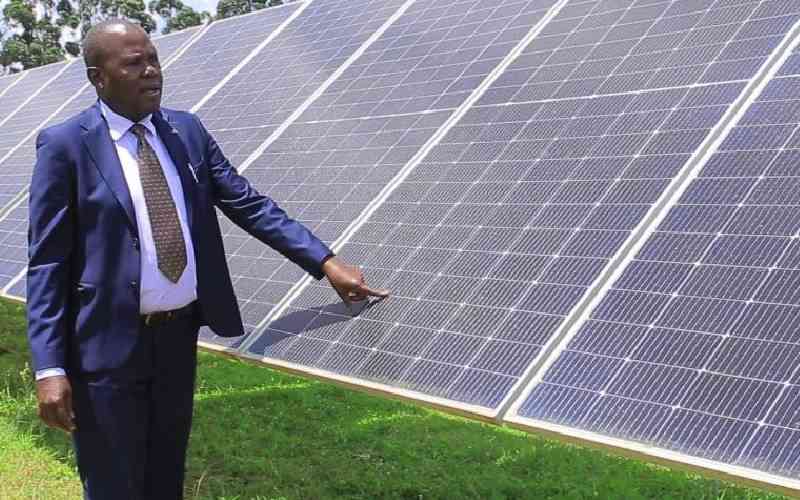×
The Standard e-Paper
Home To Bold Columnists

Tea companies in Nyamira County are on a renewed strategy to reduce the high cost of production occasioned by the ever-rising prices of energy.
Multinational companies as well as the Kenya Tea Development Agency-managed tea factories that have been struggling with use of fossil energy in running machines used in the processing of tea are engaging in diverse schemes that will see them shift from over-reliance on oil energy to the use of clean and affordable power.